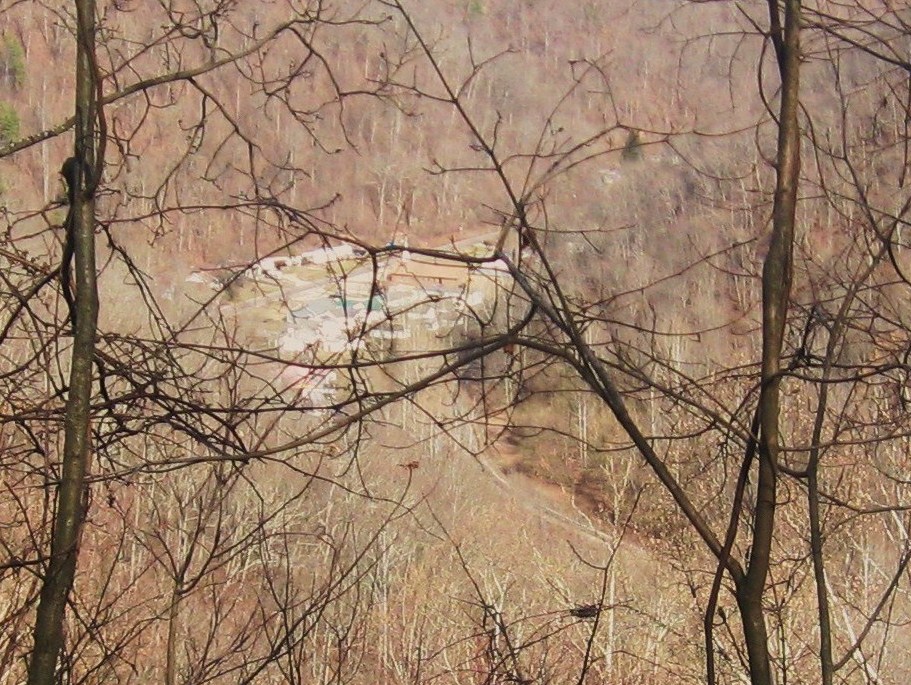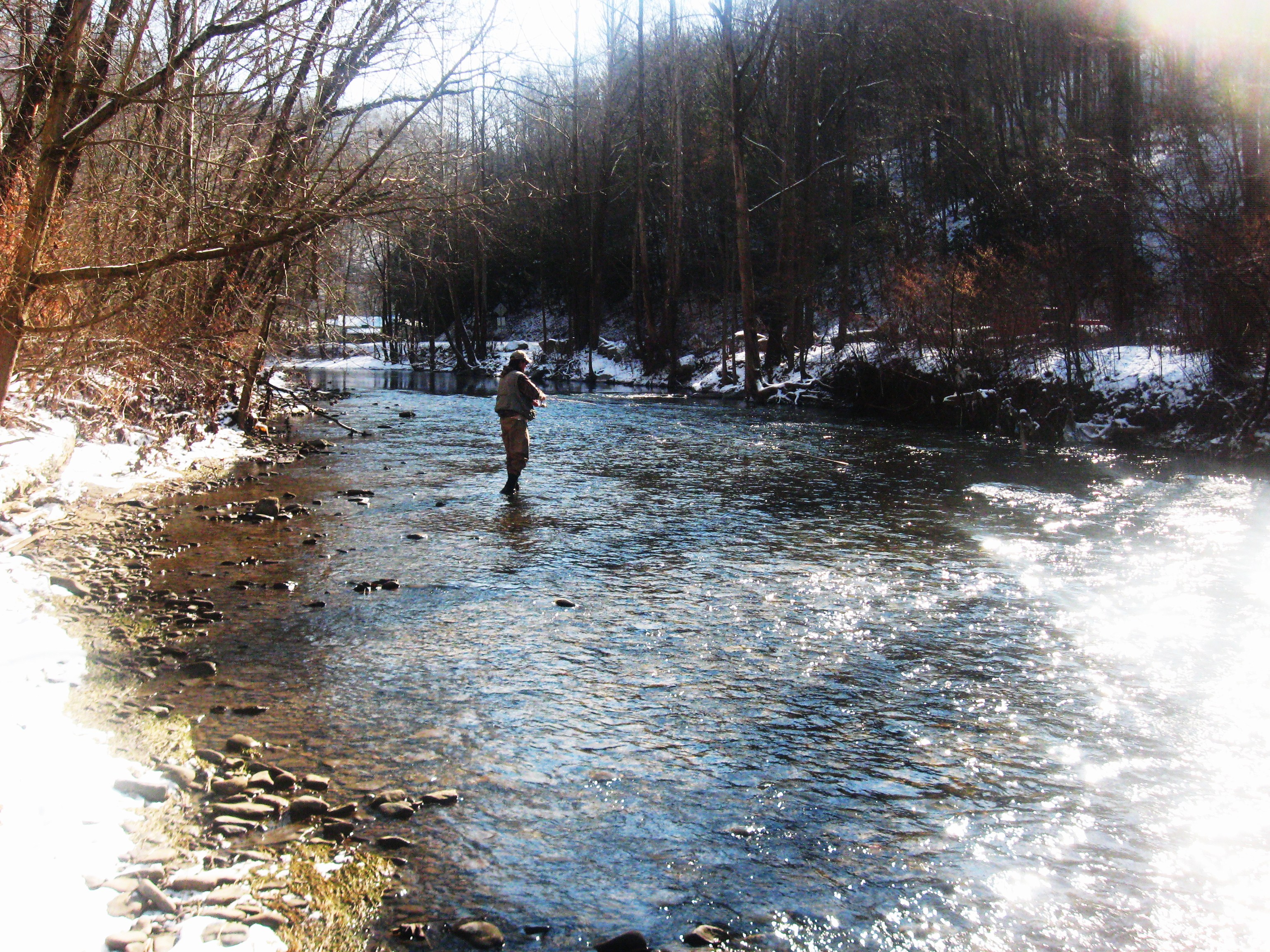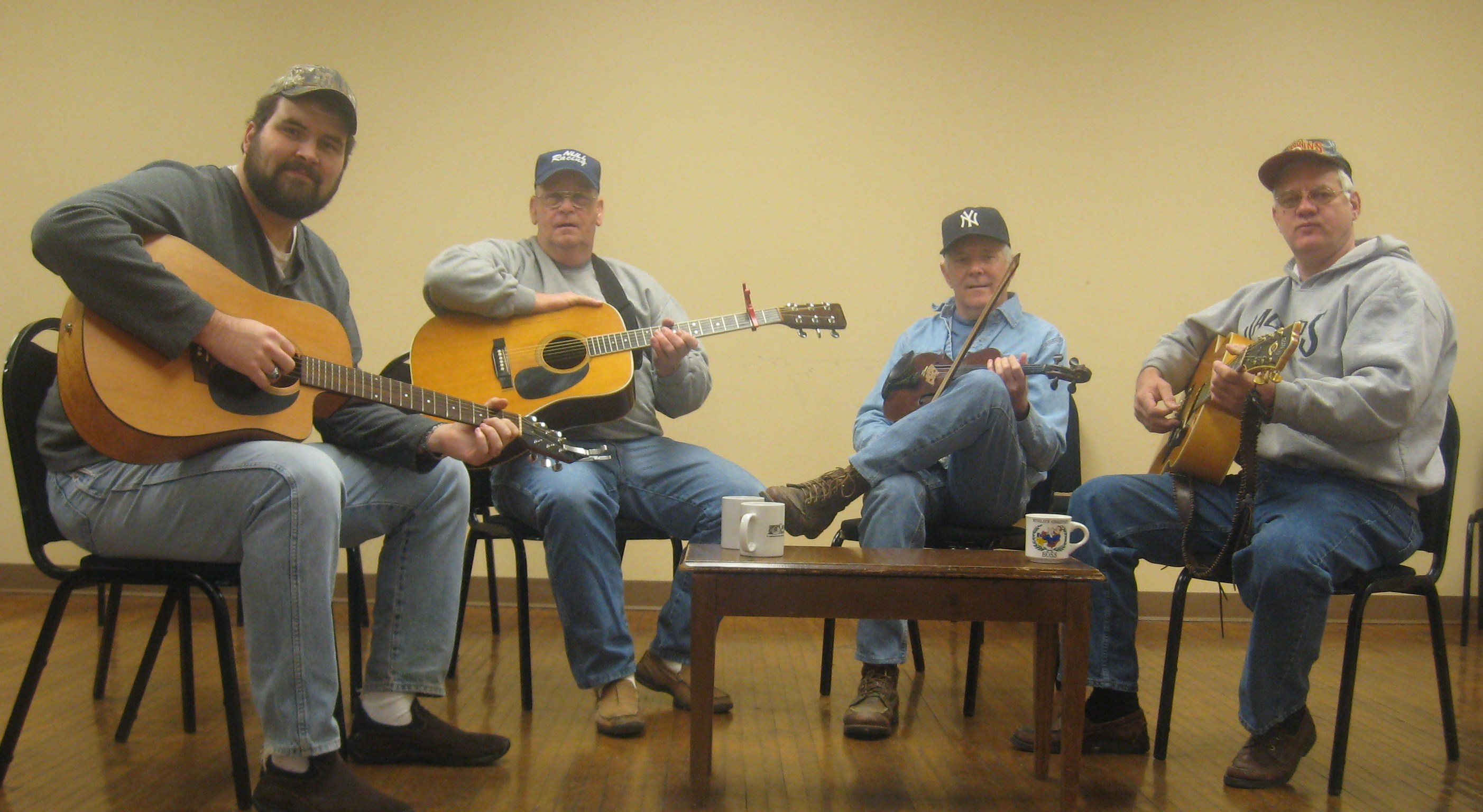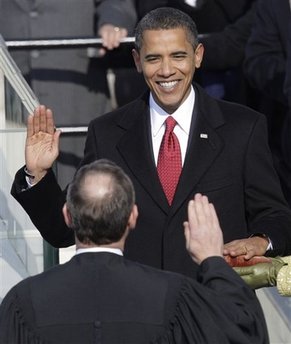

 From time to time I run into Christians who believe that people must be baptized in order to be saved. We call this “baptismal regeneration,” because they believe that the act of baptizing in some way changes the heart. This position is fairly widespread outside of Baptistic and Reformed circles. The Roman Catholic Church believes that when infants are baptized, their original sin is washed away. Among other protestant denominations, the Church of Christ, Disciples of Christ, Christian Church, and Lutherans affirm some form of baptismal regeneration.
From time to time I run into Christians who believe that people must be baptized in order to be saved. We call this “baptismal regeneration,” because they believe that the act of baptizing in some way changes the heart. This position is fairly widespread outside of Baptistic and Reformed circles. The Roman Catholic Church believes that when infants are baptized, their original sin is washed away. Among other protestant denominations, the Church of Christ, Disciples of Christ, Christian Church, and Lutherans affirm some form of baptismal regeneration.
Occasionally I run into confused people even in Presbyterian churches. They have often come to Presbyterianism from more baptistic denominations in which it is not unusual to view infant baptism with suspicion, and where they may mistakenly come to believe that we teach some type of baptismal regeneration.
 This topic comes up in response to questions I have received from church members while studying the Westminster of Confession of Faith together on Wednesday nights. The Confession states, “The sacrament of Baptism is but once to be administered unto any person” (XXVIII:7). The Presbyterian Church in America requires its ordained teaching elders to subscribe to this statement from the Confession. This means that PCA teaching elders cannot rebaptize anyone who has already received a valid baptism during their lifetime. A valid baptism is defined as an ordained minister applying water to someone in the name of the Father, Son, and Holy Spirit.
This topic comes up in response to questions I have received from church members while studying the Westminster of Confession of Faith together on Wednesday nights. The Confession states, “The sacrament of Baptism is but once to be administered unto any person” (XXVIII:7). The Presbyterian Church in America requires its ordained teaching elders to subscribe to this statement from the Confession. This means that PCA teaching elders cannot rebaptize anyone who has already received a valid baptism during their lifetime. A valid baptism is defined as an ordained minister applying water to someone in the name of the Father, Son, and Holy Spirit. Paint Creek is located south of Charleston off S.R. 61. In the summer and fall, sportsmen can catch trout, redeye or rock bass, bluegill and smallmouth bass. Most of the fish are panfish size, but that just means they fit the frying pan nicely. Trout can average about 12-15 inches. Smallmouths can be 10-12 inches. Redeye grow up to 10 inches but fight fiercely. The best artificial baits at this time of the year are usually small spinners like Joe's Flies, Rooster Tails, Mepps and Panther Martins. Paint Creek can be waded all along the way. Keep an eye out for copperheads on the banks.
Paint Creek is located south of Charleston off S.R. 61. In the summer and fall, sportsmen can catch trout, redeye or rock bass, bluegill and smallmouth bass. Most of the fish are panfish size, but that just means they fit the frying pan nicely. Trout can average about 12-15 inches. Smallmouths can be 10-12 inches. Redeye grow up to 10 inches but fight fiercely. The best artificial baits at this time of the year are usually small spinners like Joe's Flies, Rooster Tails, Mepps and Panther Martins. Paint Creek can be waded all along the way. Keep an eye out for copperheads on the banks.





 On Tuesday, some friends from Winifrede treated me to another 25 mile jaunt through the hills and hollers of our surrounding community. Trails constantly branched off into multiple directions. I wouldn't dare head into the hills alone for fear that I would never make it back. Thankfully, these gentlemen have been doing this for decades and got me back safely.
On Tuesday, some friends from Winifrede treated me to another 25 mile jaunt through the hills and hollers of our surrounding community. Trails constantly branched off into multiple directions. I wouldn't dare head into the hills alone for fear that I would never make it back. Thankfully, these gentlemen have been doing this for decades and got me back safely.



 On Wednesdays, folks from the community come together at the town hall to play music for the senior citizens' luncheon. Usually there are two or three times as many people playing instruments like fiddle, base, mandolin, dobro, banjo, harmonica, and, of course, plenty of guitars. However, the snow kept them all away today, making for a smaller crowd that fits a little better into a picture.
On Wednesdays, folks from the community come together at the town hall to play music for the senior citizens' luncheon. Usually there are two or three times as many people playing instruments like fiddle, base, mandolin, dobro, banjo, harmonica, and, of course, plenty of guitars. However, the snow kept them all away today, making for a smaller crowd that fits a little better into a picture. 
 I have tried to stay neutral in the political race, mainly by keeping my political opinions relatively quiet. I pastor a wonderful church made up of both Democrats and Republicans, fine people who sincerely embrace Christ and his Word. My own political affiliation is independent. In West Virginia, that means that I am registered without a party affiliation. My allegiences are higher than either party for the sake of my congregation.
I have tried to stay neutral in the political race, mainly by keeping my political opinions relatively quiet. I pastor a wonderful church made up of both Democrats and Republicans, fine people who sincerely embrace Christ and his Word. My own political affiliation is independent. In West Virginia, that means that I am registered without a party affiliation. My allegiences are higher than either party for the sake of my congregation.



 Evolution is an intimidating theory. It predominates among scientists all over the world, who marshal swarms of weighty facts and powerful assertions in its support. It has filtered down into common acceptance by laymen through classroom instruction, books, documentaries, TV shows, and casual conversations. It is ubiquitous and unchallenged by all but those who believe in creation.
Evolution is an intimidating theory. It predominates among scientists all over the world, who marshal swarms of weighty facts and powerful assertions in its support. It has filtered down into common acceptance by laymen through classroom instruction, books, documentaries, TV shows, and casual conversations. It is ubiquitous and unchallenged by all but those who believe in creation.
However, the massive heft of evolutionary theory depends upon one simple presupposition: the God-option must be excluded from the discussion at all costs. For evolution to be true, the God-option must be shoved off the table.
The God-option is excluded by a deceptively simple tactic—limit the discussion to the exclusive realm of science. Science has defined itself as distinct from religion. The God-option is inherently religious, so its proponents do not have a seat at the science table. Intelligent God-option arguments are irrelevant and will never change the course of the discussion, because the God-option does not belong in the discussion. As experts huddle themselves around the table to decide the origin of all things, they come to a haughty consensus by tightening the huddle. No matter how loudly we object, we will be ignored. The God-option is not, under any circumstances, a legitimate option.
If the God-option is excluded, what can the evolutionists conclude? They must propose that life originated through natural processes. They have no choice. They have limited themselves through the arrogance of their own self-definition. They must therefore marshal their arguments as powerfully as their limitations allow. The full weight of their expertise, education, experience, and intellect is thrust behind the only conclusion they can possibly derive.
As long as Christians fail to recognize this simple fact, evolution will continue to be intimidating and will claim the faith of those who give in to its weight. If God created everything, there is no fact of science that is outside the scope of his domain. If He created everything, no aspect of evolutionary theory is truly intimidating. As Van Til said, “there are not because there cannot be other than God-interpreted facts.” God’s creation cannot undermine itself. God has not proved Himself wrong by means of science. Scientists have instead left God out of the picture, limited themselves to their wild imaginations, and must desperately cling to their conclusions as a result. If they do not, they must fearfully face what they do not dare—the God who made them.

 When these fears arise, I search my life for consolations--things that would make it all right if God were to take me. And I find that every consolation I want to grab onto is ultimately insufficient: My reputation, my life insurance, my accomplishments, my education, the good character of my children, the temporariness of the inevitable grief, even the unfoundedness of my mortal fears is itself an unfounded consolation. I am driven in those moments to the only remaining consolation that has any real meaning: Christ alone is my consolation--the fear cannot be entirely assuaged by anything else. Nothing else is worth meditating upon in those moments. Even if God grants me long life, nothing that comes next can compare to the glory of knowing Christ. I am his child, he will do with me what he will, and I will be with him for eternity. His love for me does not fail, in spite of my failings.
When these fears arise, I search my life for consolations--things that would make it all right if God were to take me. And I find that every consolation I want to grab onto is ultimately insufficient: My reputation, my life insurance, my accomplishments, my education, the good character of my children, the temporariness of the inevitable grief, even the unfoundedness of my mortal fears is itself an unfounded consolation. I am driven in those moments to the only remaining consolation that has any real meaning: Christ alone is my consolation--the fear cannot be entirely assuaged by anything else. Nothing else is worth meditating upon in those moments. Even if God grants me long life, nothing that comes next can compare to the glory of knowing Christ. I am his child, he will do with me what he will, and I will be with him for eternity. His love for me does not fail, in spite of my failings.